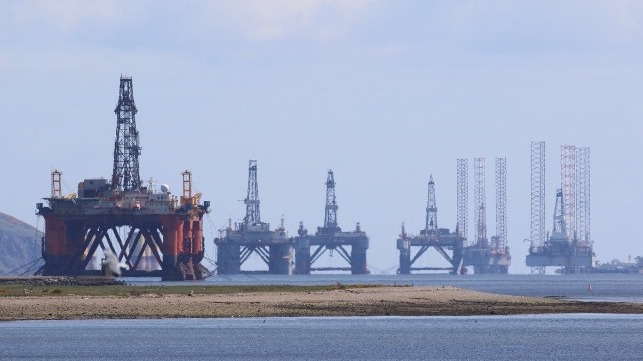Advances in Testing Spur Adoption of Composites for Rig Repair

ABS Group's consulting division can now conduct non-destructive testing on composite patch repairs for offshore structures, adapting technology developed for NASA to enable wider use of composites for the replacement of traditional steel repairs.
Composites are gaining traction for repair work in the offshore oil and gas sector. Composites have several advantages over welded steel for repairs: they add little structural weight, resist the harsh marine environment and do not require hot work permits or operational shutdowns.
ABS Consulting has signed a licensing agreement to use a non-destructive testing system that was originally developed to test the heat shield on the Orion space capsule, built by Lockheed and Airbus for NASA's manned spaceflight program. It is the first proven technology for scanning layered composite materials (like fiberglass or carbon fiber) to search for any defects, bridging an inspection gap that has held back the use of composites for structural purposes.
"This really is a game changer for the industry," said Brian Weaver, VP Risk and Reliability at ABS Consulting. "Our offshore clients have been looking for new and innovative ways to extend the service of existing assets well beyond their original design life. This breakthrough technology provides our clients with a unique and cost-effective approach to this challenge."
Previously, platform and rig operators could only use composites for temporary non-structural repairs (like temporary pipe reinforcement) because there was no accurate way to test the repair for defects. Now, with access to nondestructive testing, composites can replace traditional steel repairs.
ABS Consulting says that it is now working with composite repair contractors and offshore clients to develop the technology for new and expanded applications in the offshore industry. It also has potential applications for renewable energy assets in the future, the firm says.
